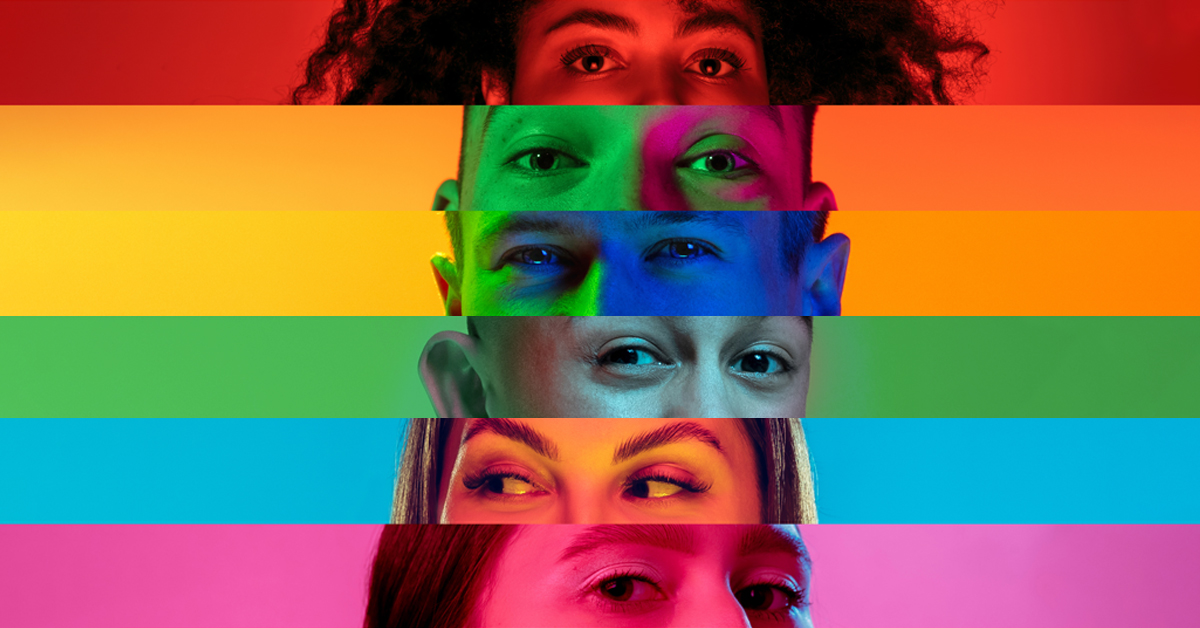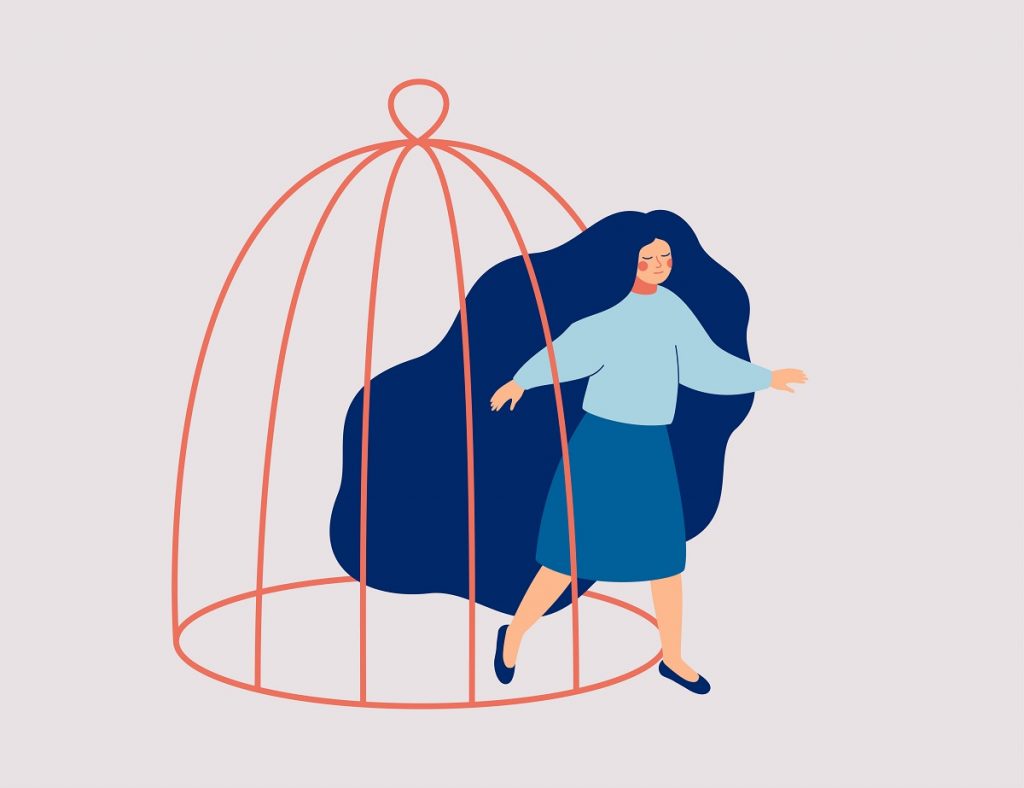-
YOU ARE
- Community member
- Future Student
- Student
- Professor
- Alumni
- Media
- Guidance counsellors
- INRS retiree
- Contact Us
- Newsroom
- Careers
- FR
-
Studies
We teach the next generation of researchers to develop scientific, social, and technological innovations.
-
Research
We find solutions through interdisciplinary research and industry or public and community partnerships.
-
INRS
We play an active role in Québec's economic, social, and cultural development.

- Home
- INRS
- Equity, Diversity, and Inclusion
- Inclusive Environments
Inclusive Environments
Each year, INRS conducts an awareness campaign to improve the recognition and inclusion of group members who may be subject to discrimination. Every year, the issues placed at the center of awareness-raising activities evolve.

Campaign 2022-2023

Campaign 2021-2022
Participate in the activities organized as part of the campaign Together for ethnocultural diversity and familiarize yourself with the awareness tools available on the following pages. Contribute to provide inclusive and safe environments for your peers.
What is the purpose of these campaigns?

Raising awareness
As members of the INRS community, we are not always aware of the situations that the people we work or study with are experiencing. The first mission of these campaigns is to shed light on these realities and make them clearer and more concrete.

Providing tools
It is not always easy to know how to act or react when we become aware of realities that we are not familiar with. Campaigns also provide tools and resources for action. They inform us about ways to help make our environment more inclusive for everyone.

Bring together
Anyone integrating a new environment wants to feel accepted. By displaying LGBTQ2+ or ethnocultural diversity stickers, the INRS community sends a message of mobilization and openness about diversity. People coming to INRS know who they can turn to for identity and inclusion issues.
An inclusive environment is one where all people are respected equally, feel safe and enjoy the same benefits. At INRS, all variables are included.
Are you the victim of harassment, bullying or discrimination? You have recourse!

Discrimination, homophobia, transphobia, or racism can have negative effects on the life course and experiences of those who experience them in higher education and in the workplace. The consequences are significant, especially on the climate, level of anxiety, and sense of security and belonging.
In Quebec, sections 10 and 10.1 of the Charter of Human Rights and Freedoms prohibit discrimination and harassment based on sexual orientation, gender identity or expression, language, race, color and ethnic or national origin.
No form of incivility, discrimination or harassment should be tolerated at INRS. If you are a victim of such behaviour, you can file a complaint, anonymously or not.
Do you have questions about equity, diversity, and inclusion? Get in touch with us confidentially.
